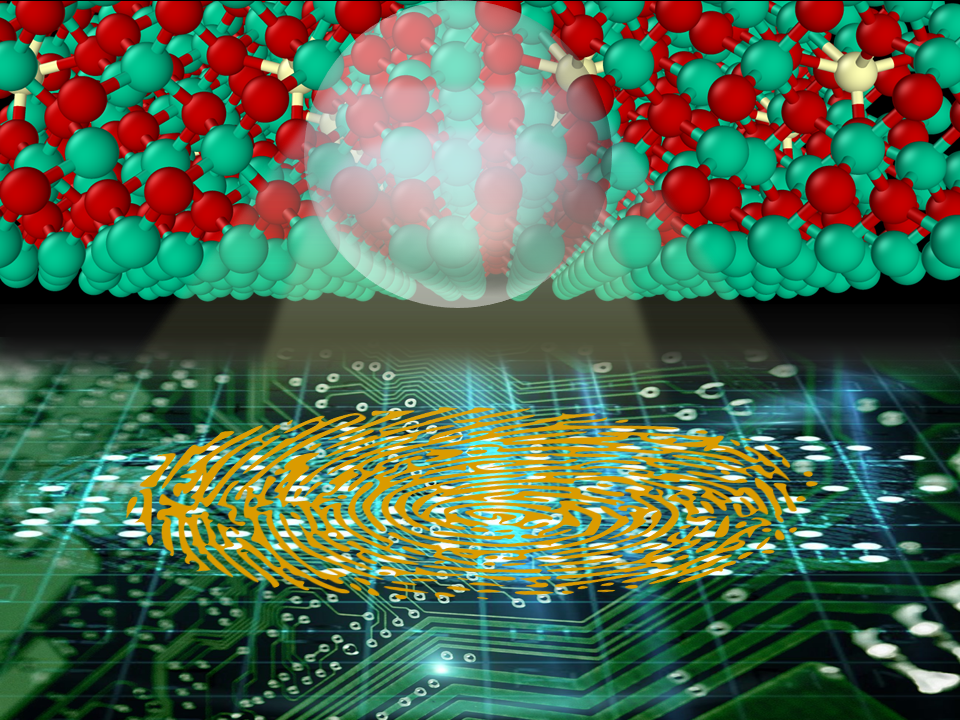
We explore the use of machine learning methods in molecular simulations. We develop techniques and tools for spatially-resolved fingerprinting (process of transforming Cartesian coordinates into representations suitable for machine learning studies) and how to leverage them for property predictions. We have a number of current research projects that extend our machine learning algorithm development to methods which combine atomistic Molecular Dynamics (MD) and Bayesian optimization (BO) to predict, for example, the polymorphic single crystal structures crystals of a p-type (hole donor) organic semiconductor (BTBT variants). Finding the optimal energy structures is non-intuitive, but, with BO, it is possible to significantly accelerate the pace of materials discovery because it allows us to predict new designs based on previously tested designs without having to run time-consuming and expensive molecular simulations. This novel approach aims to improve the effectiveness of material informatics in designing next-generation multi-functional semiconducting nano-crystals with pre-chosen properties.
Primary Researchers:

Dr. Paulette Clancy
Department Head, Chemical & Biomolecular Engineering
pclancy3@jhu.edu

